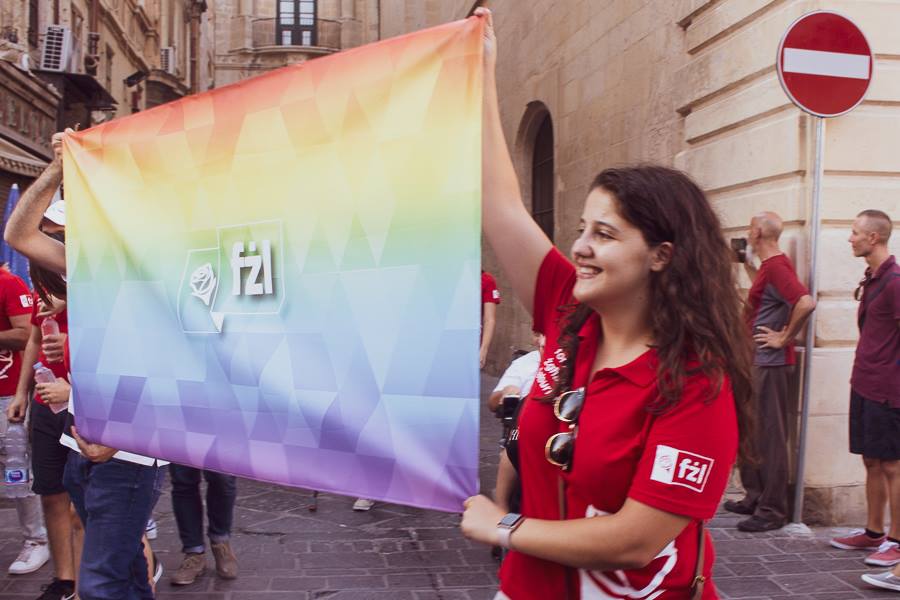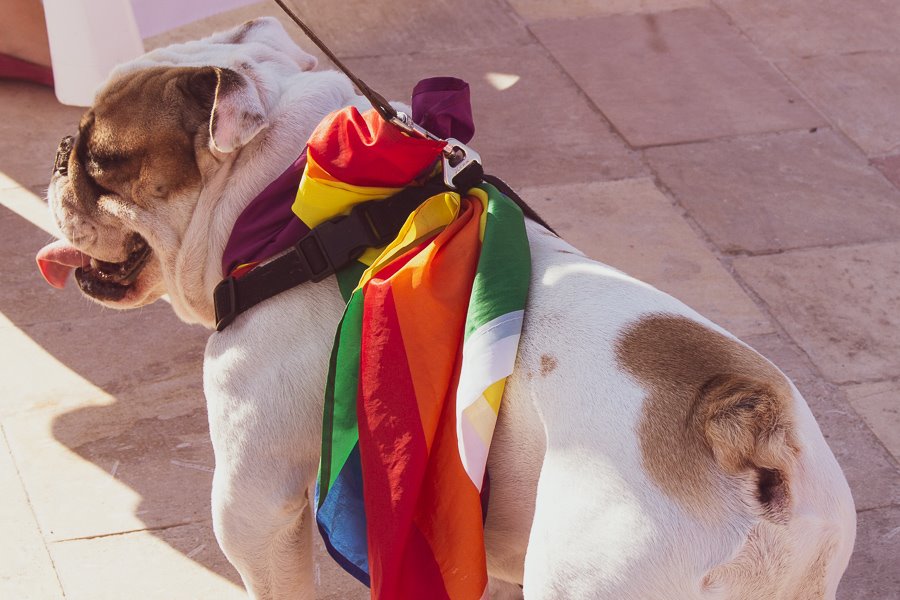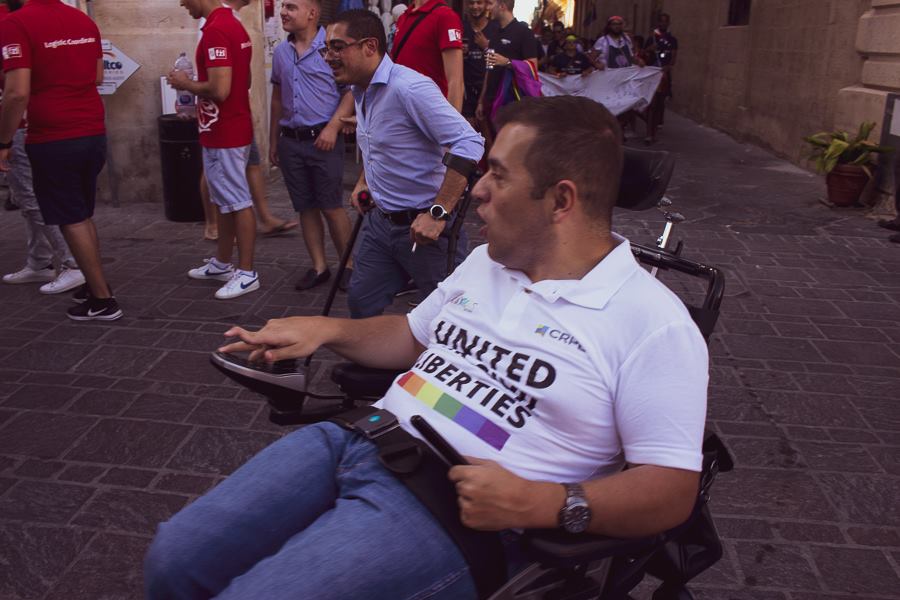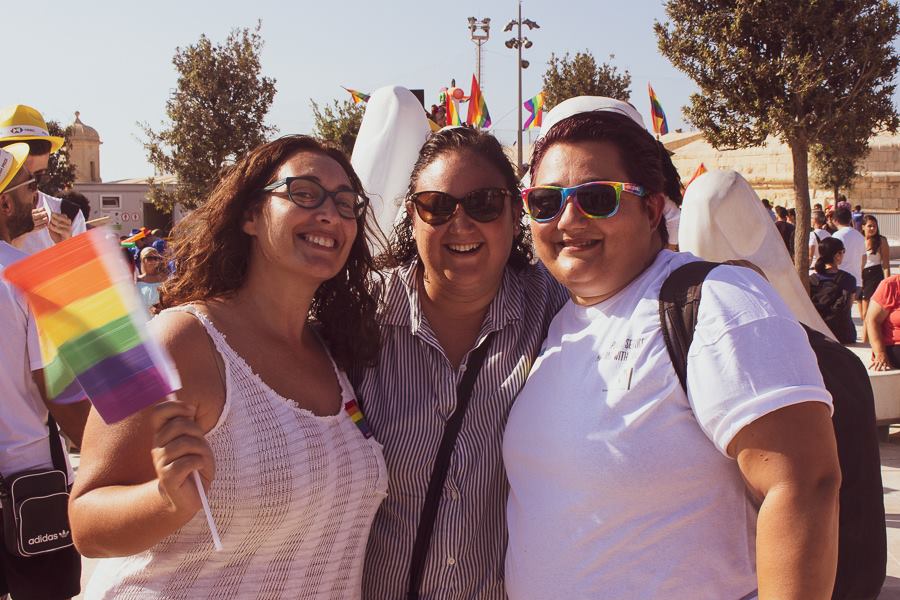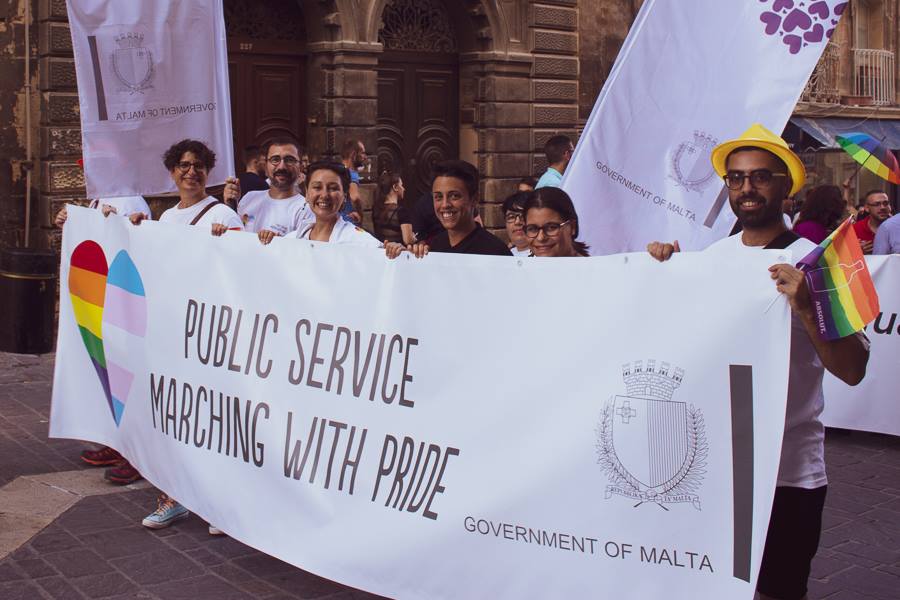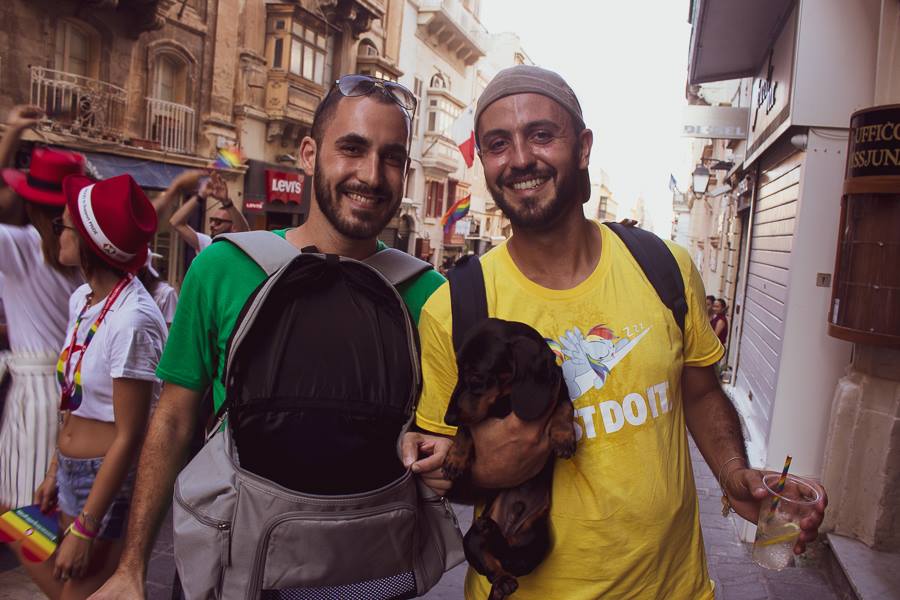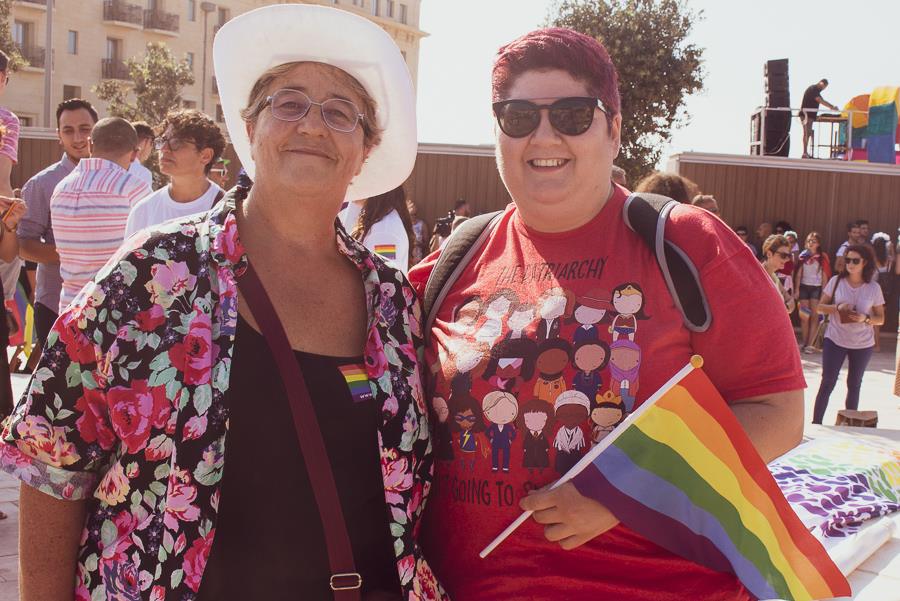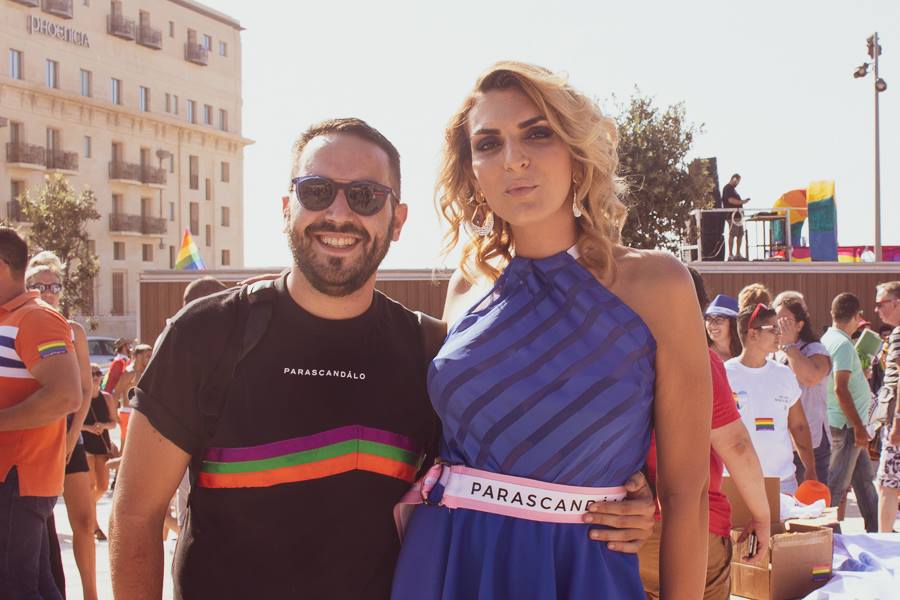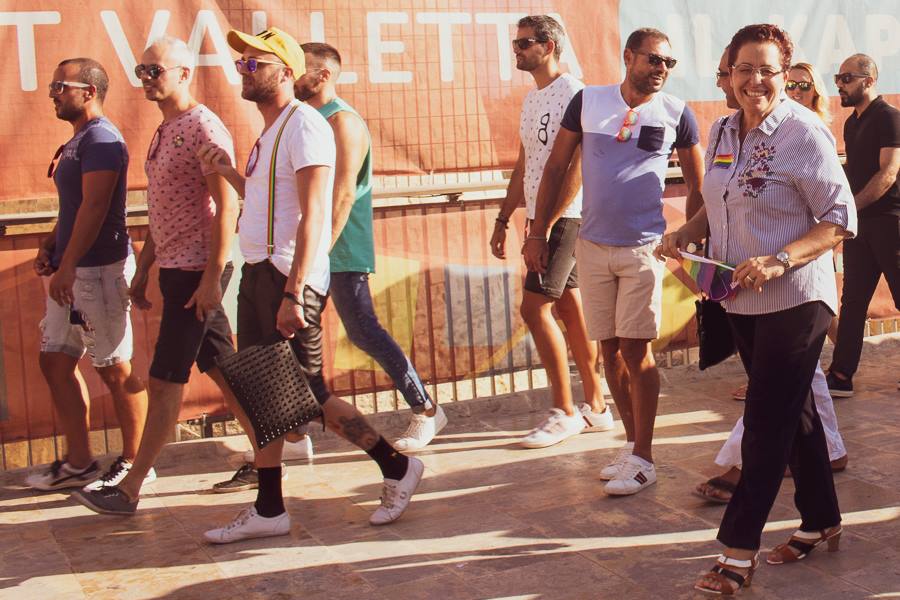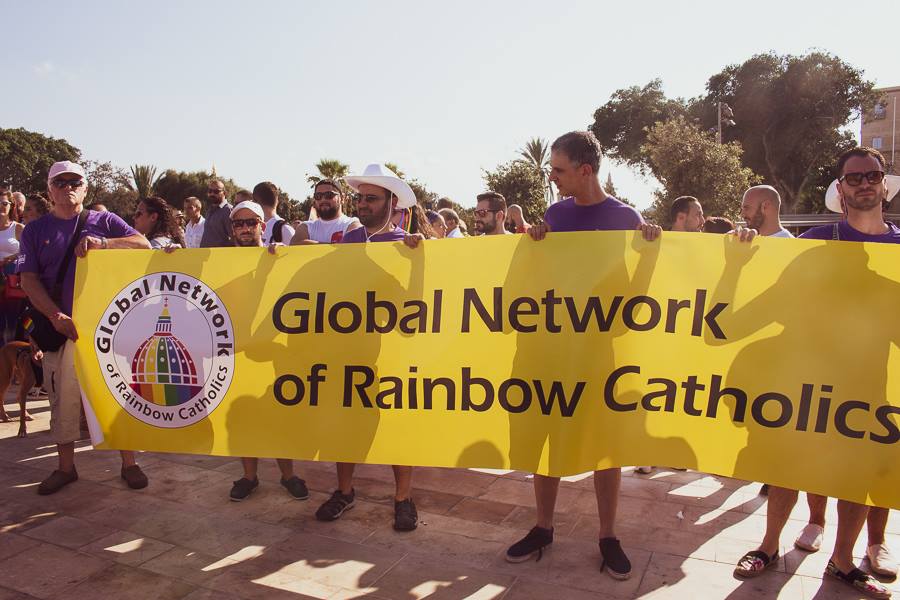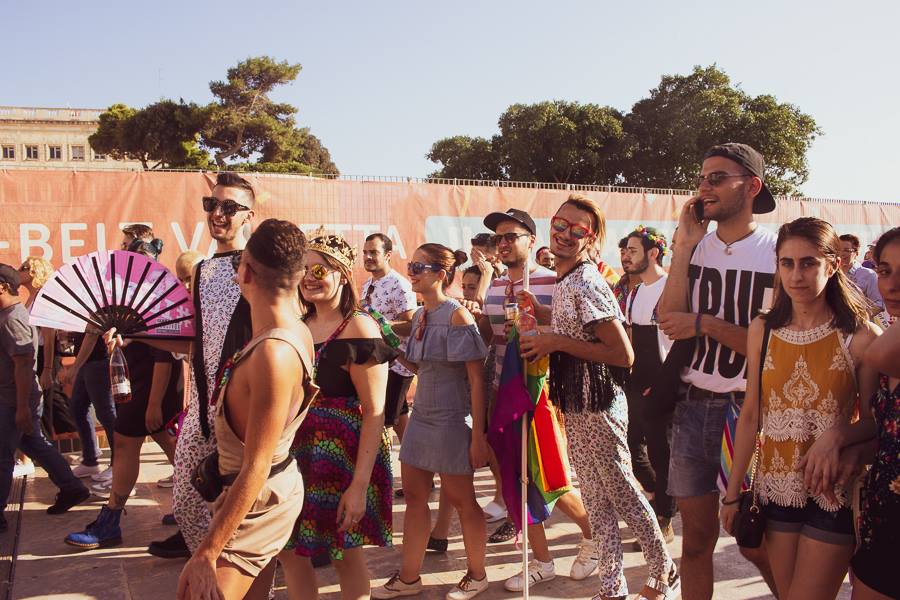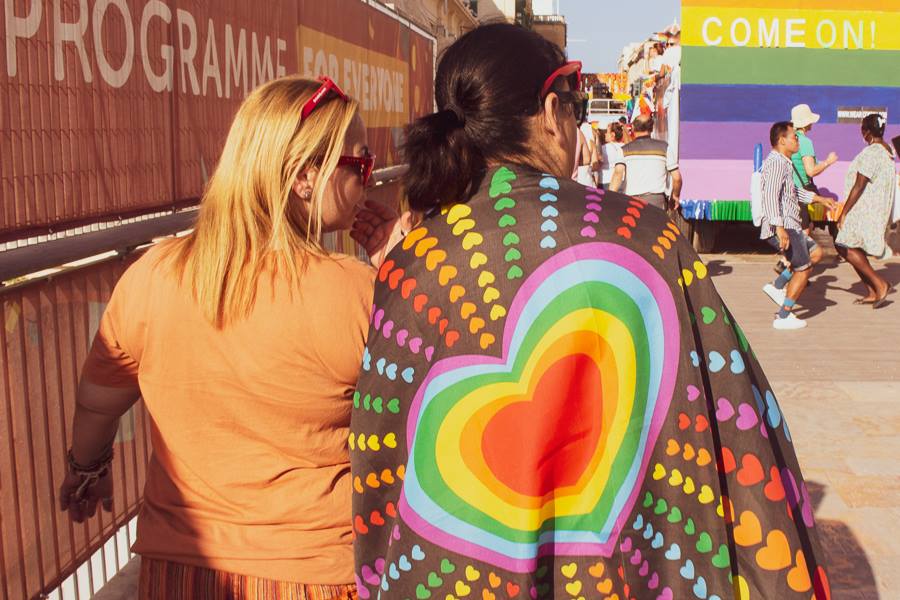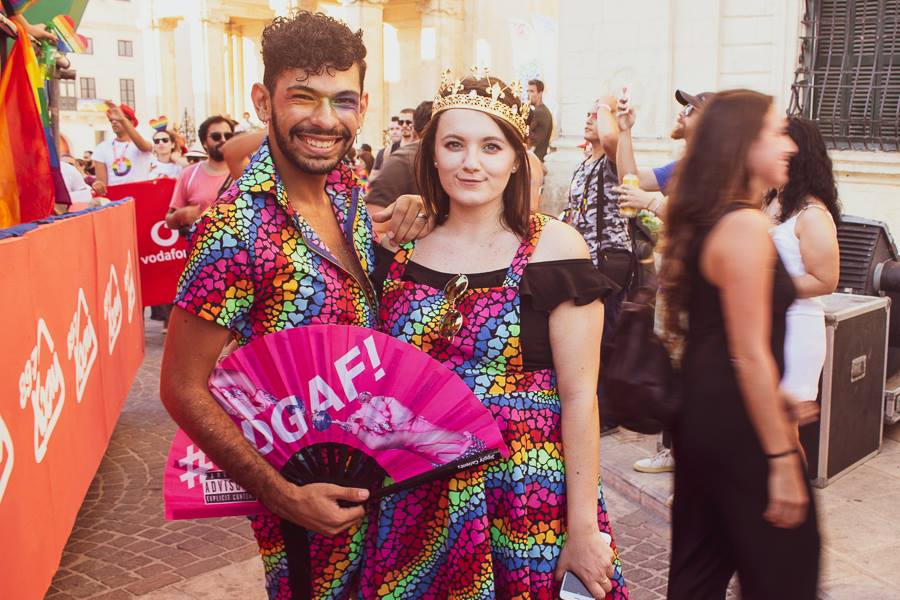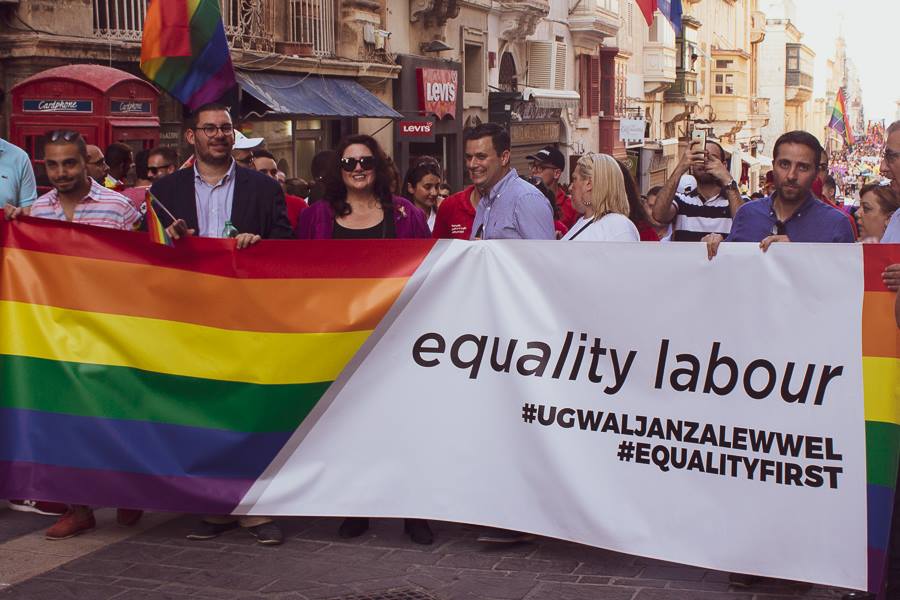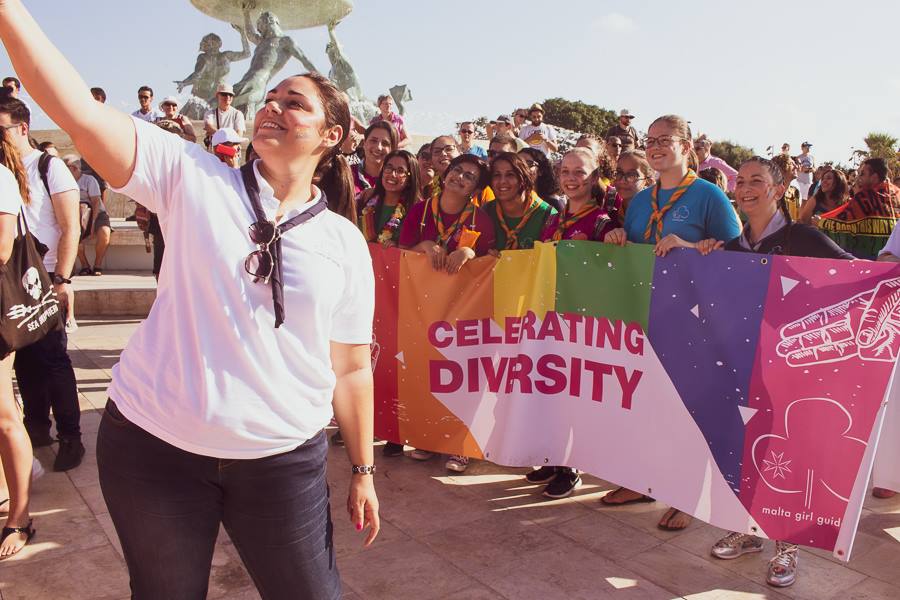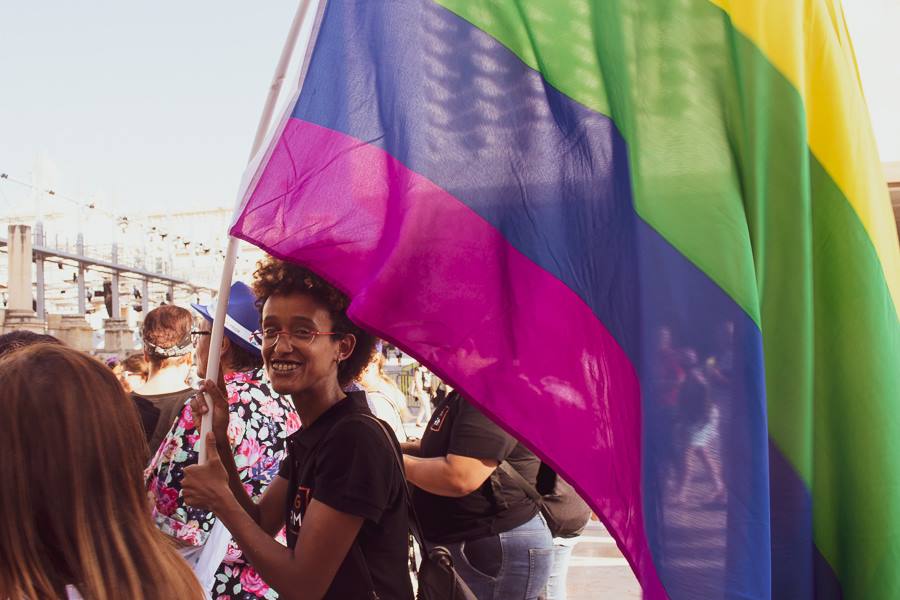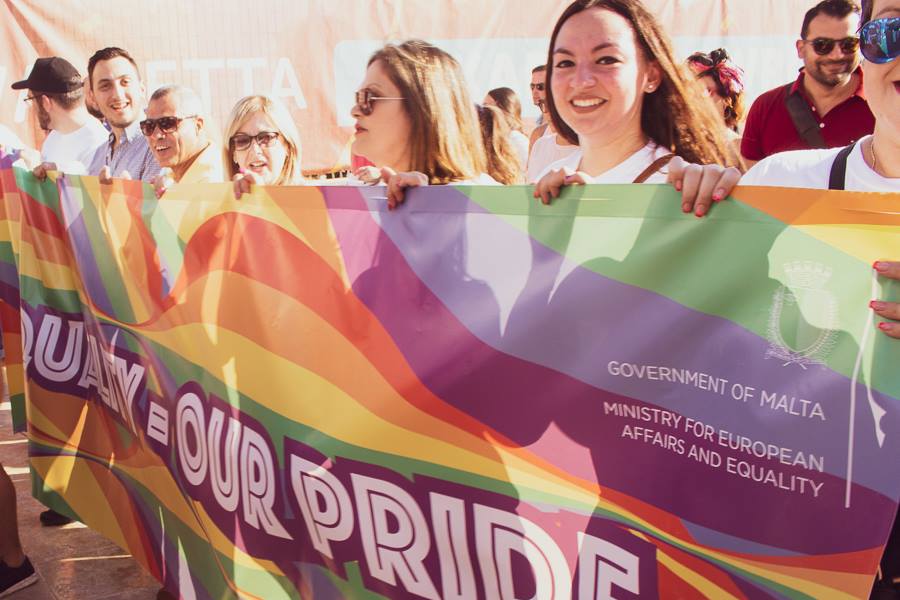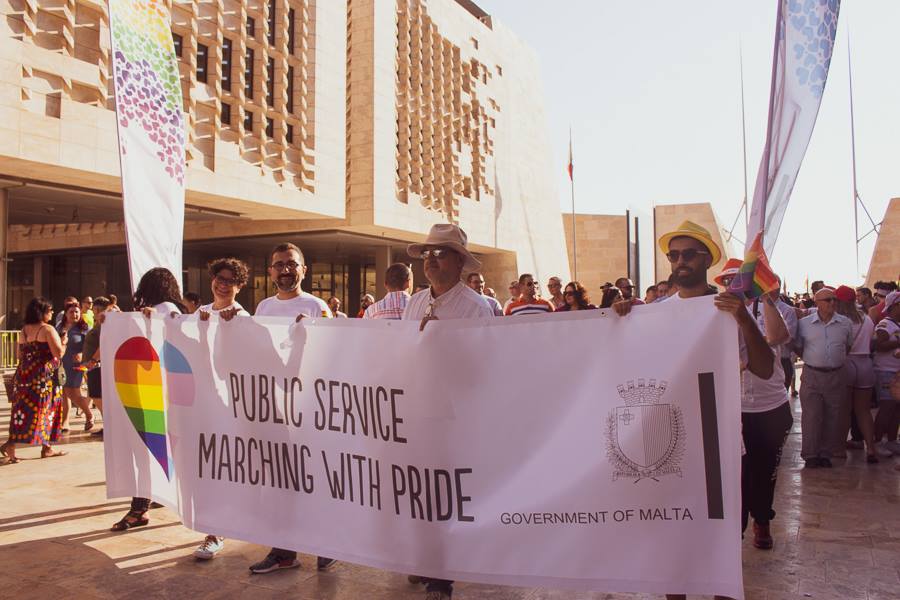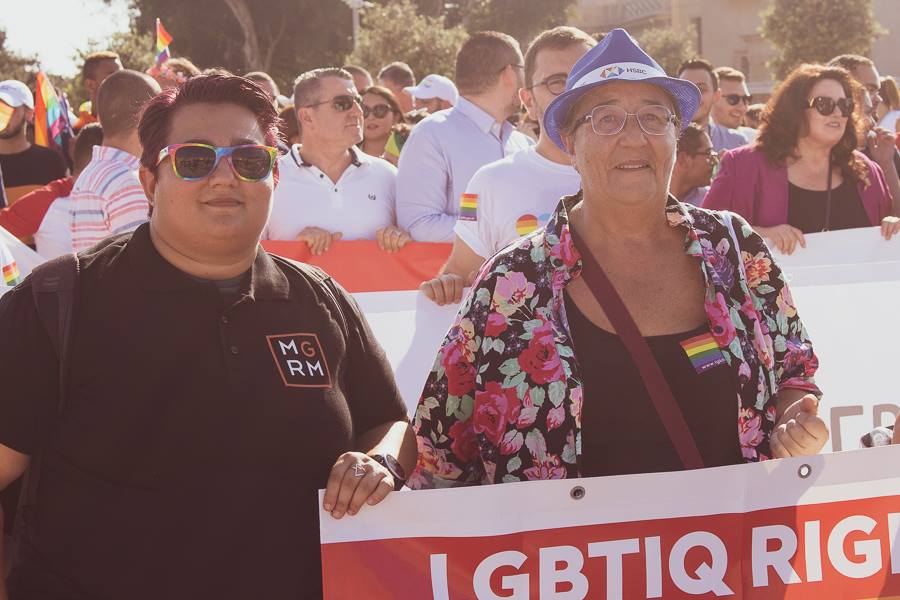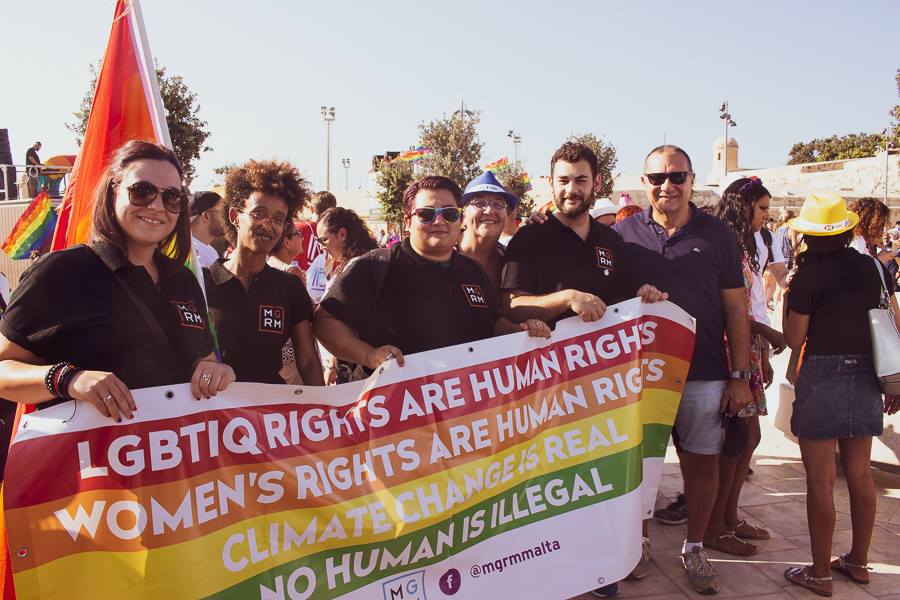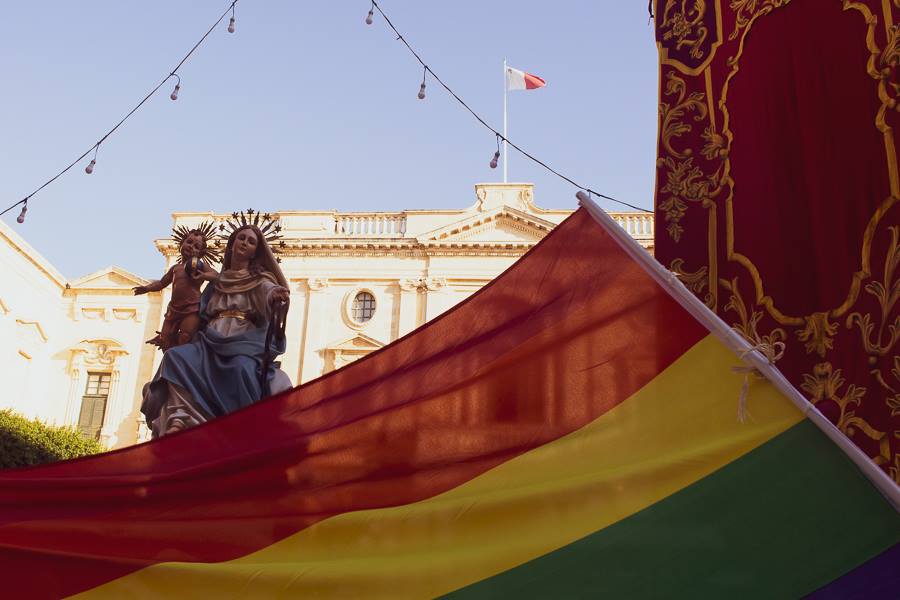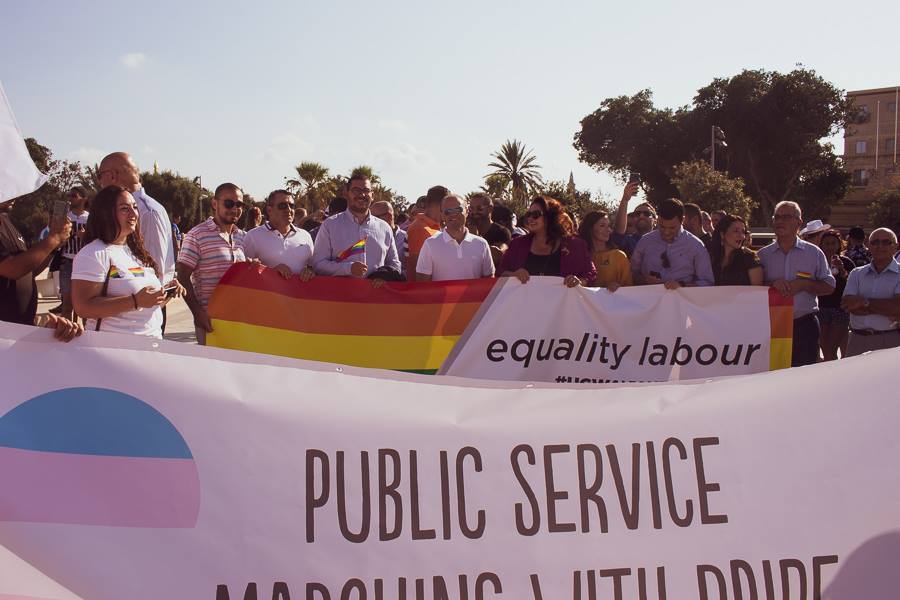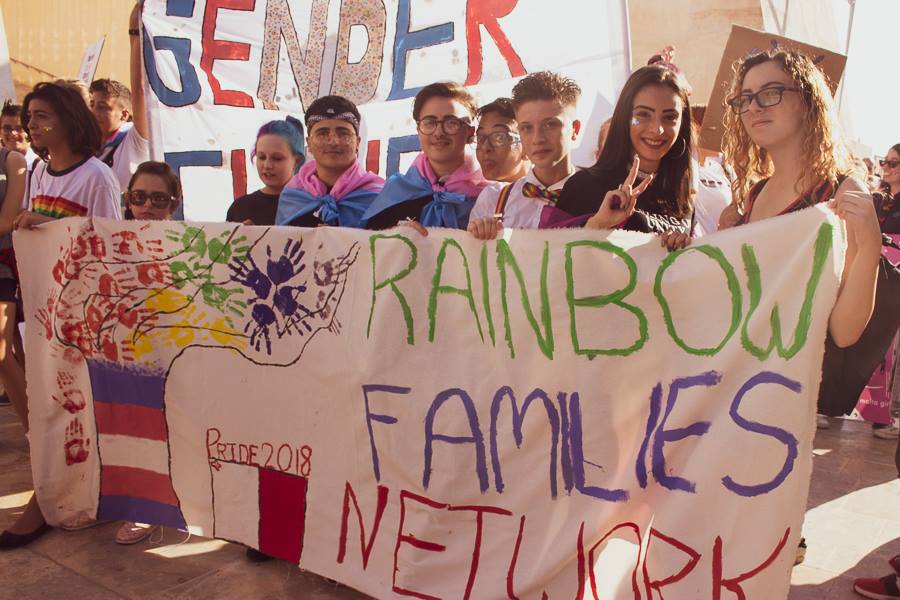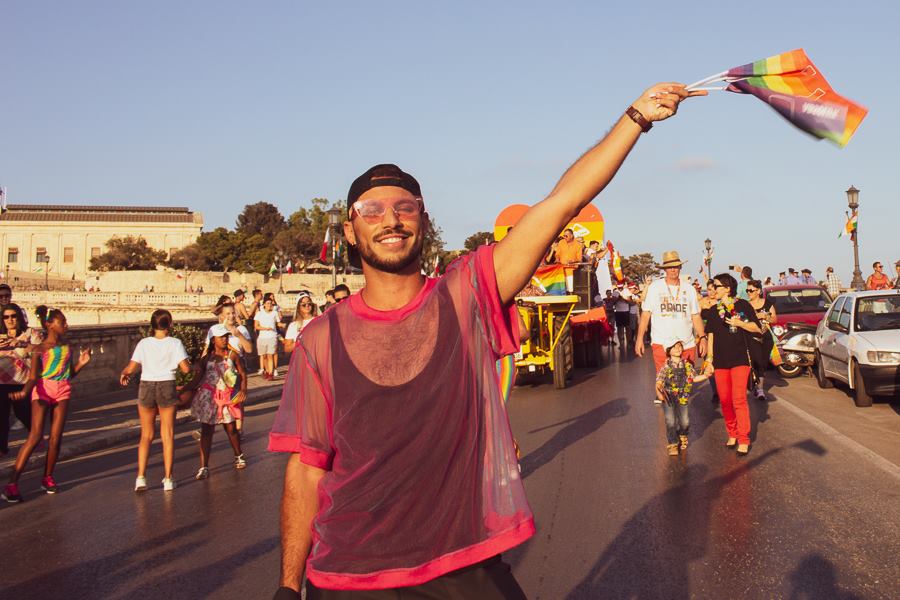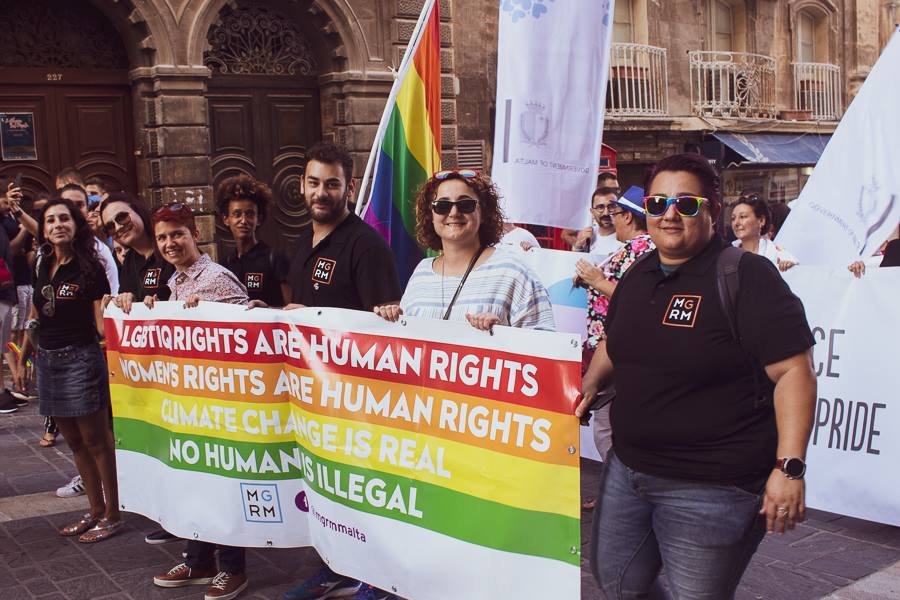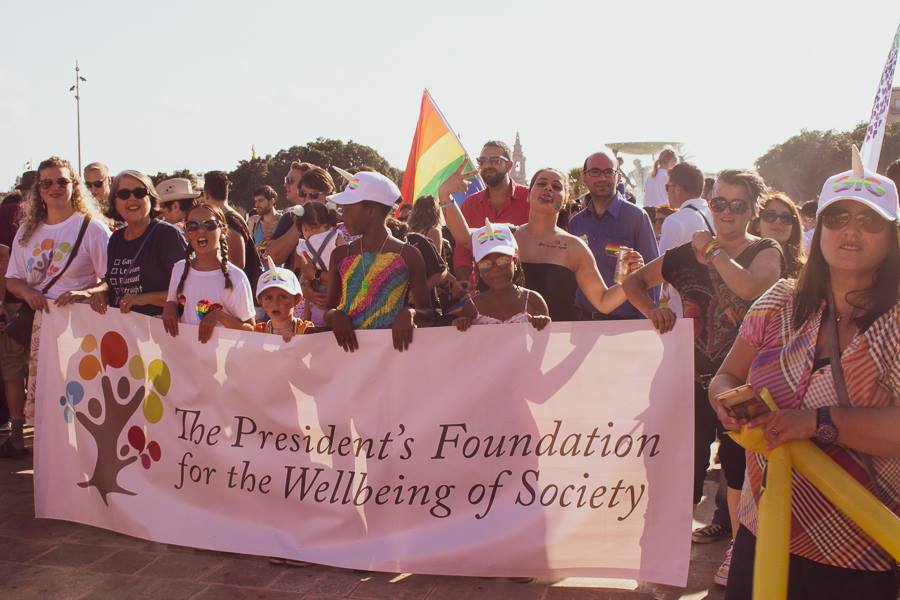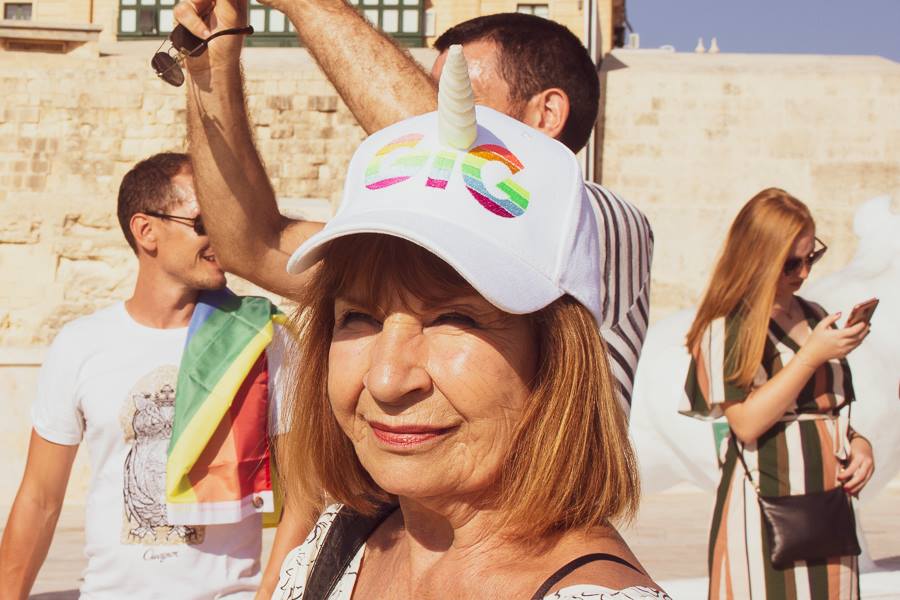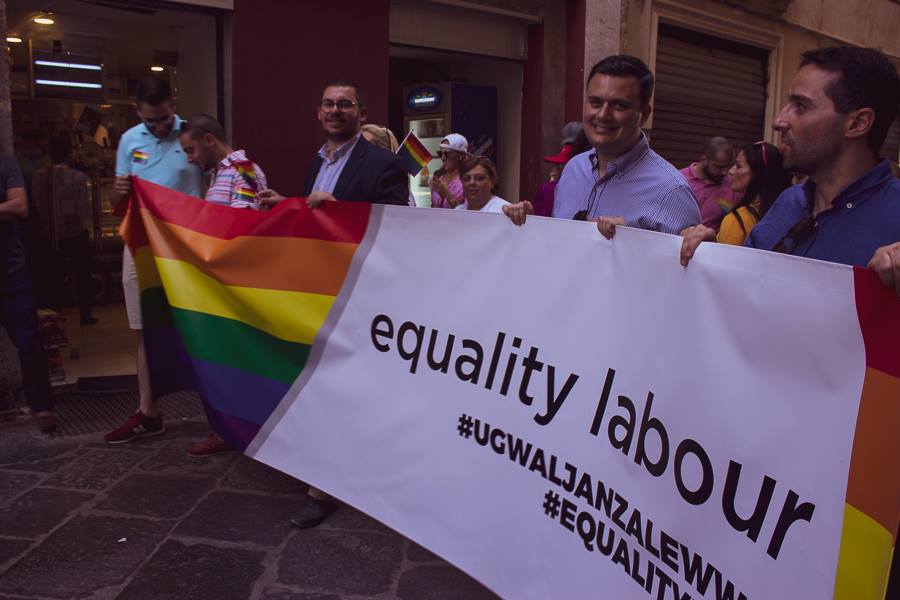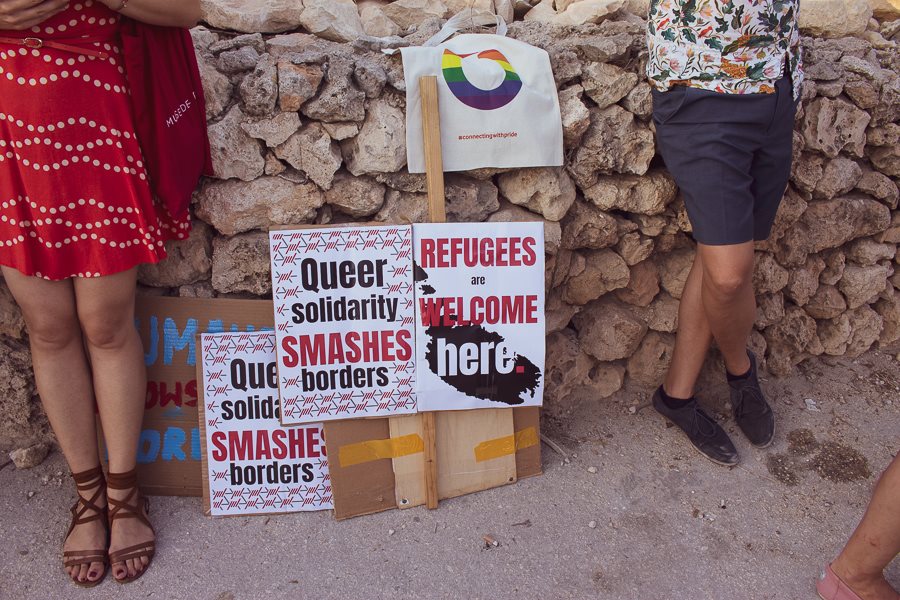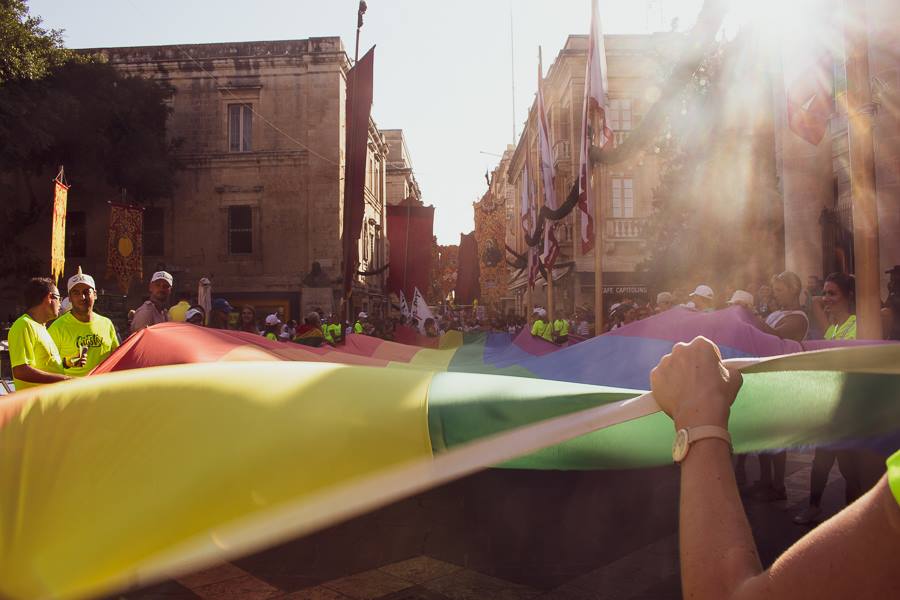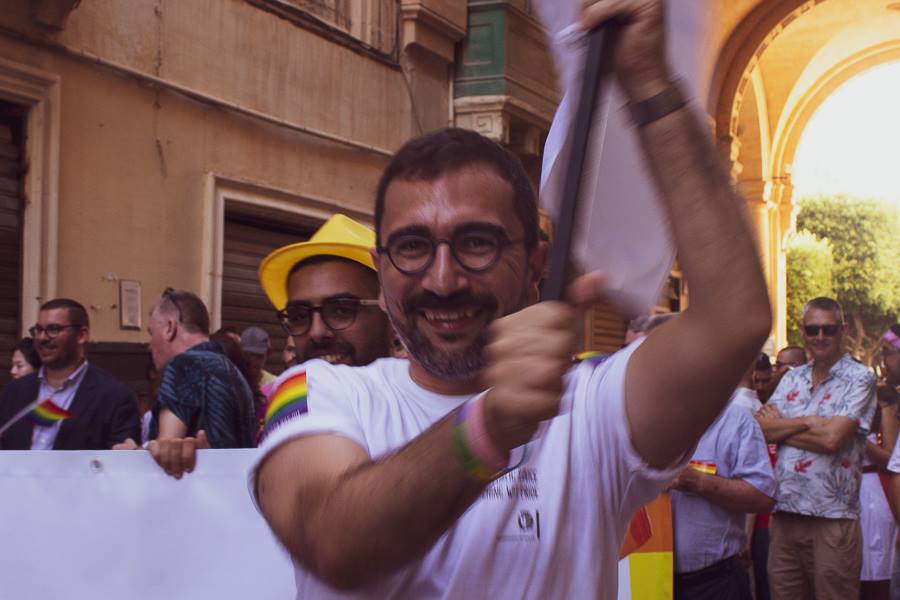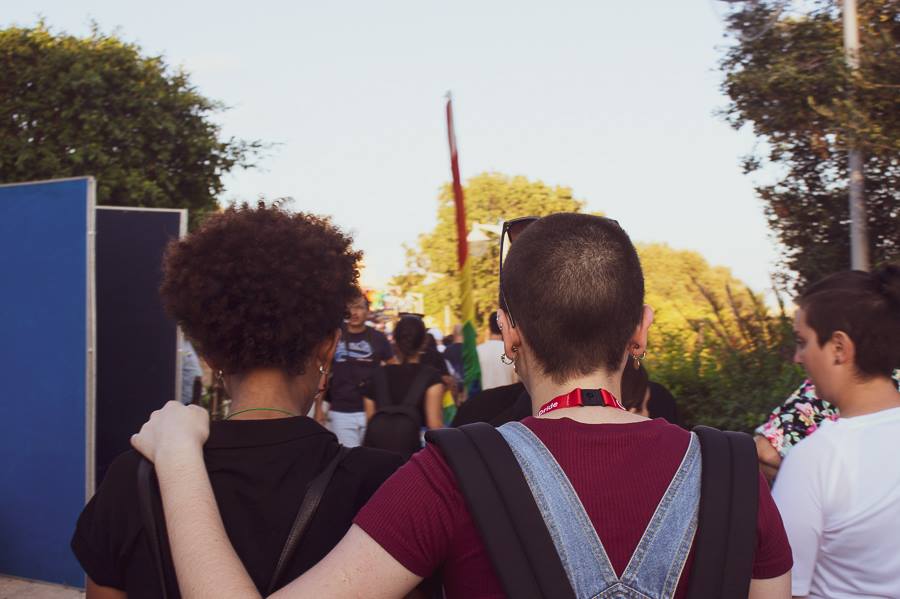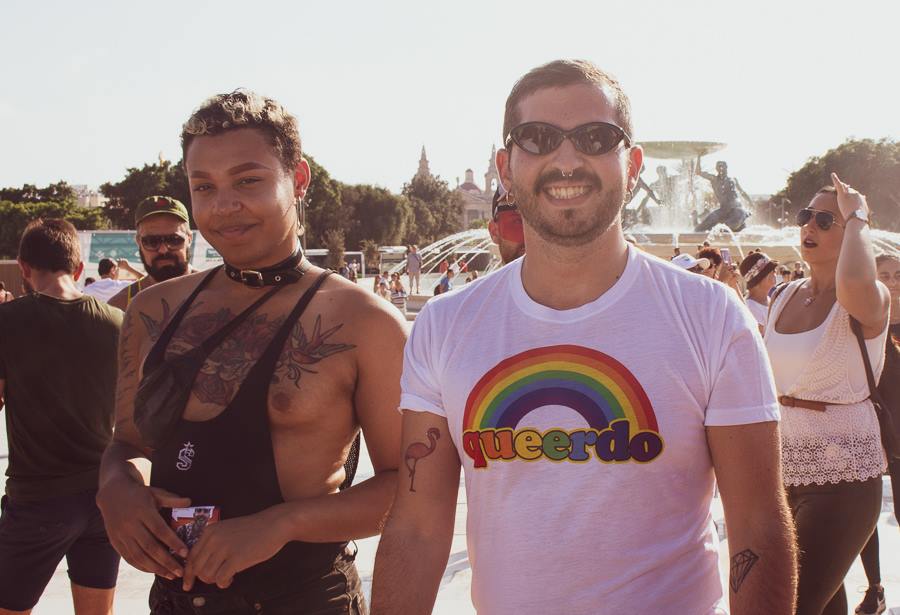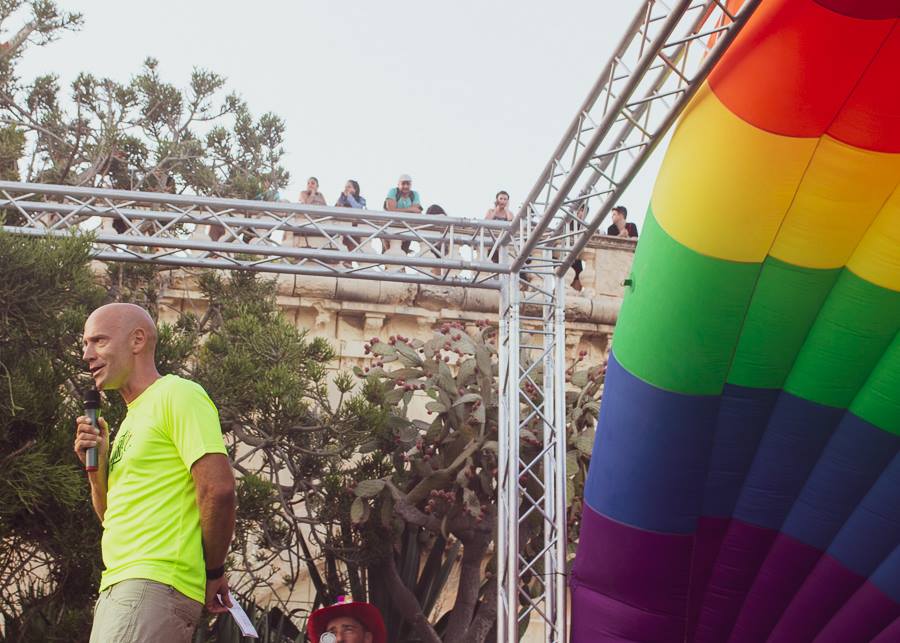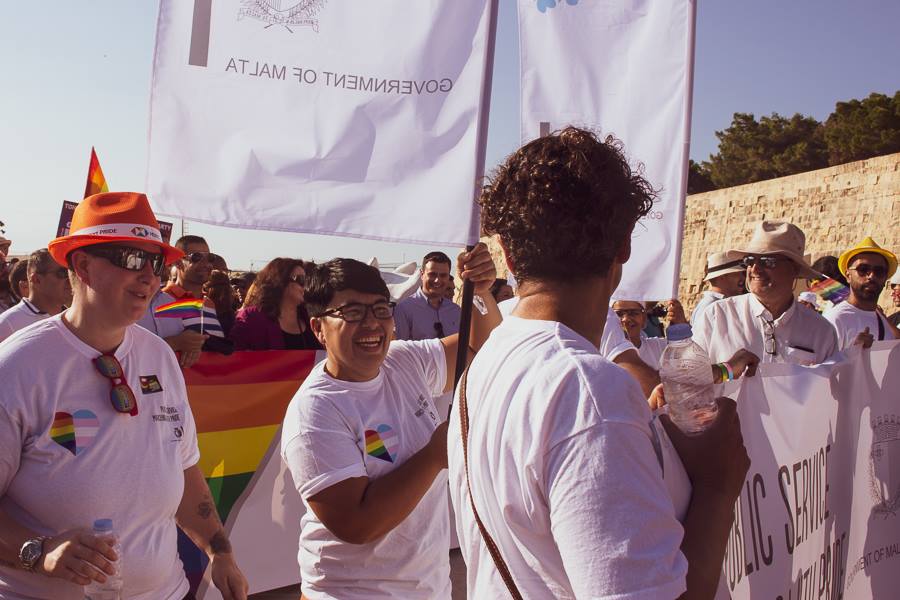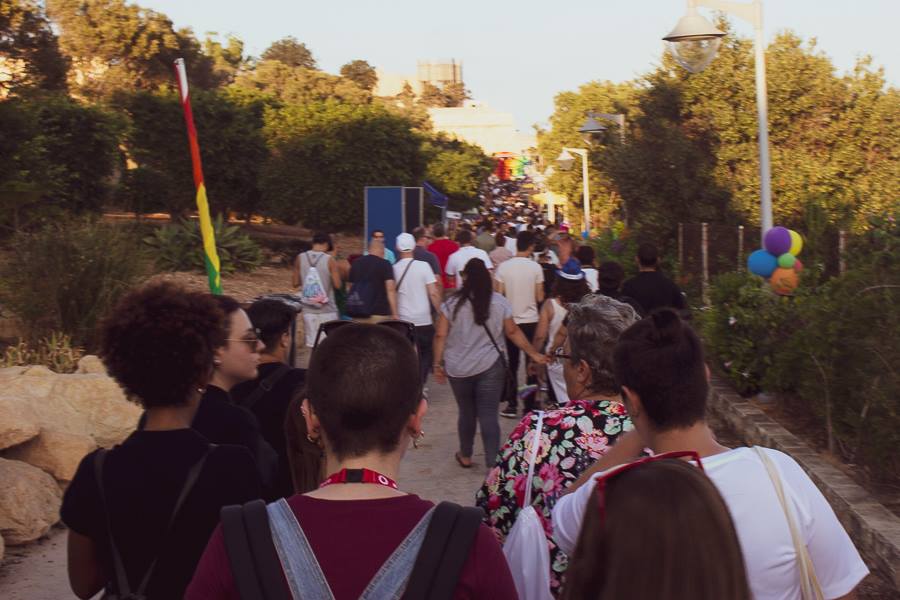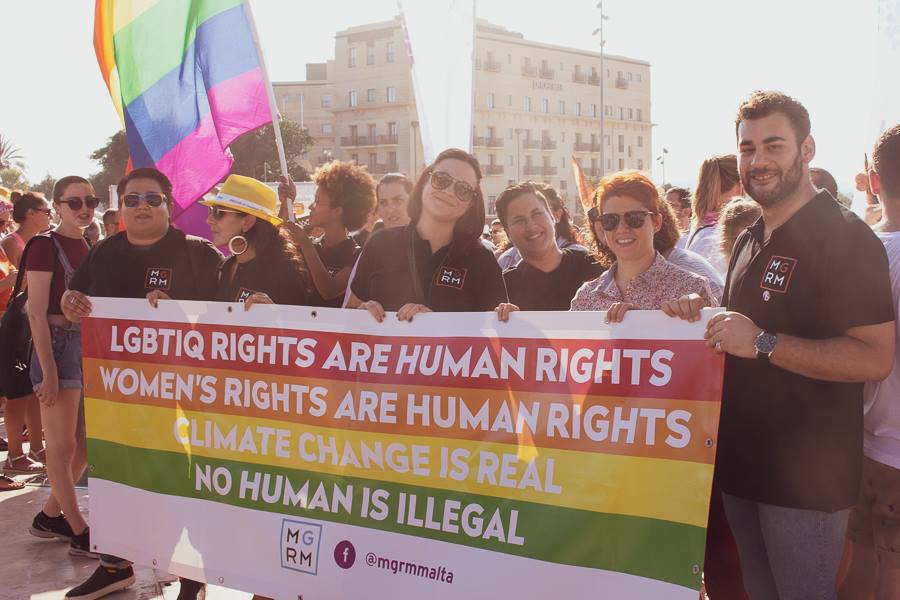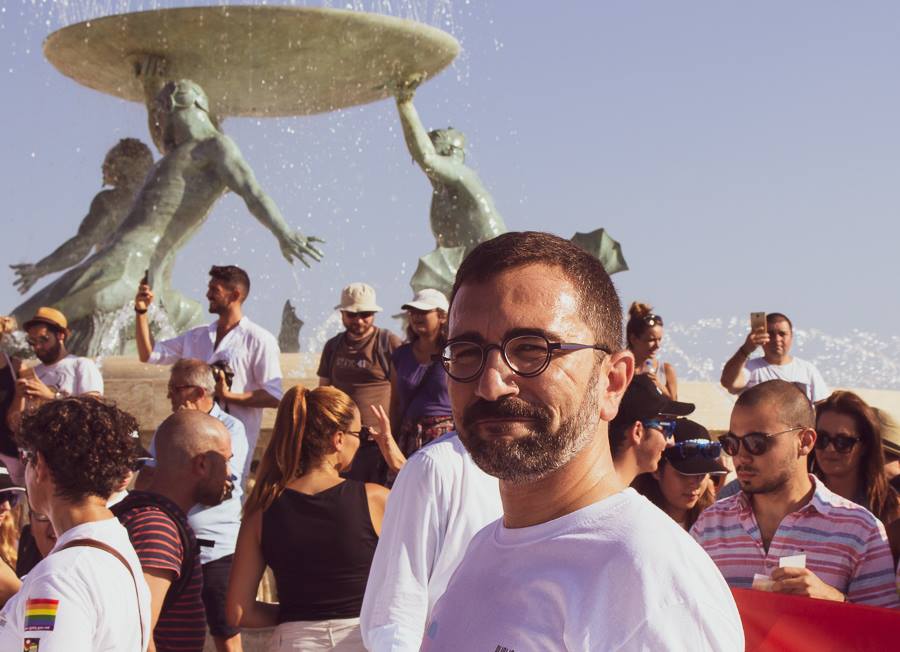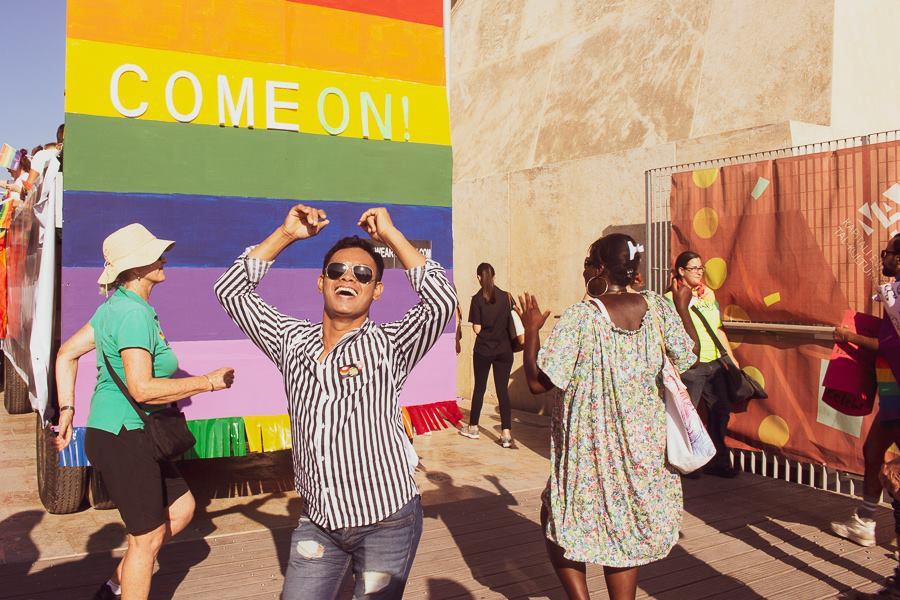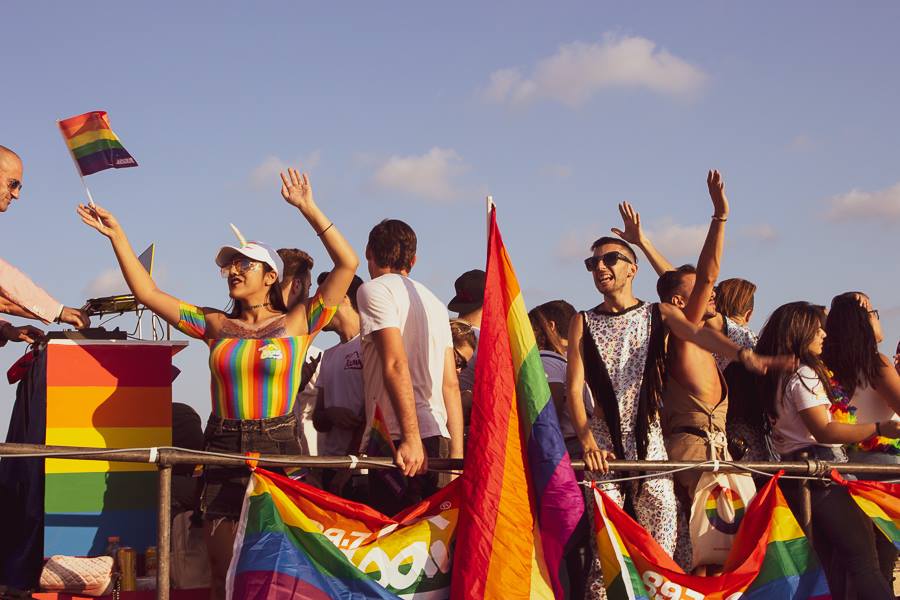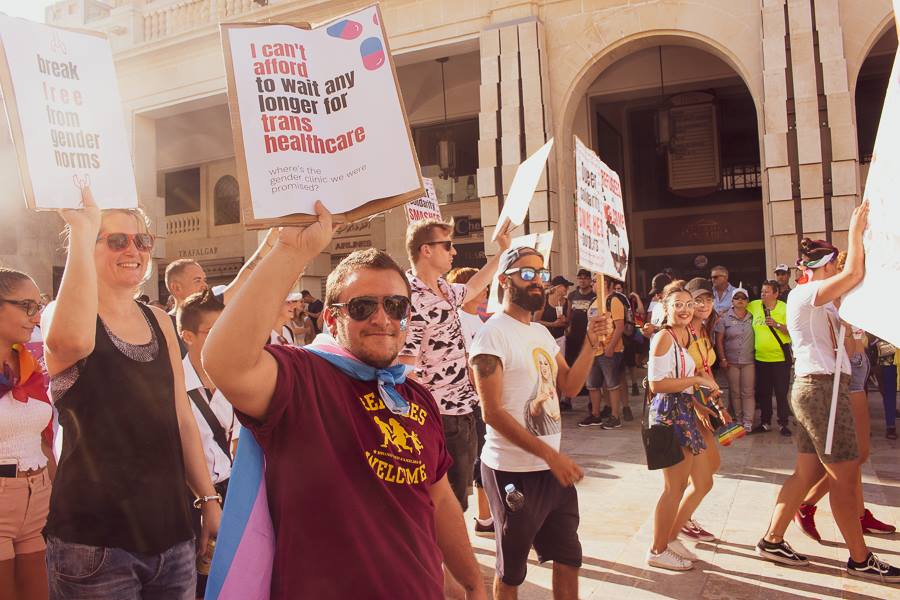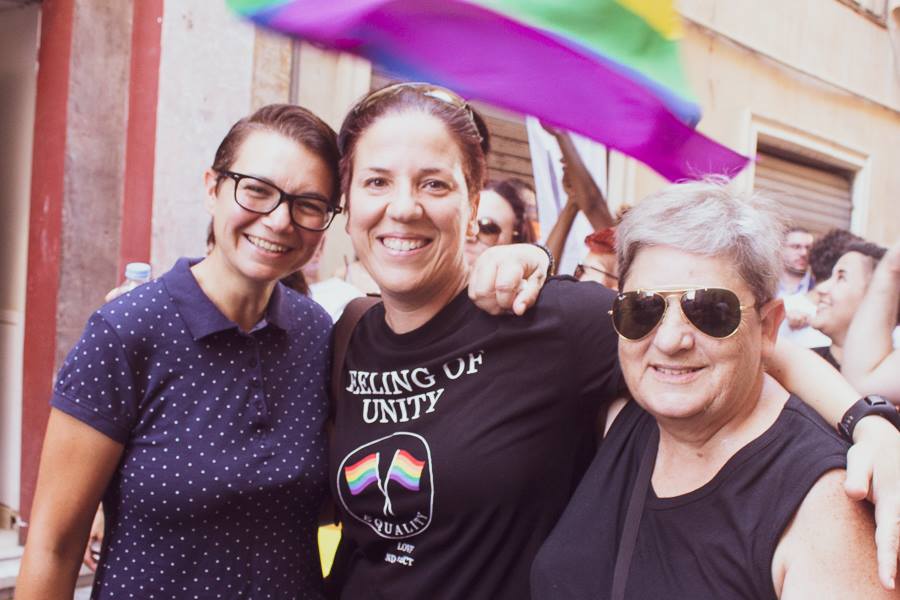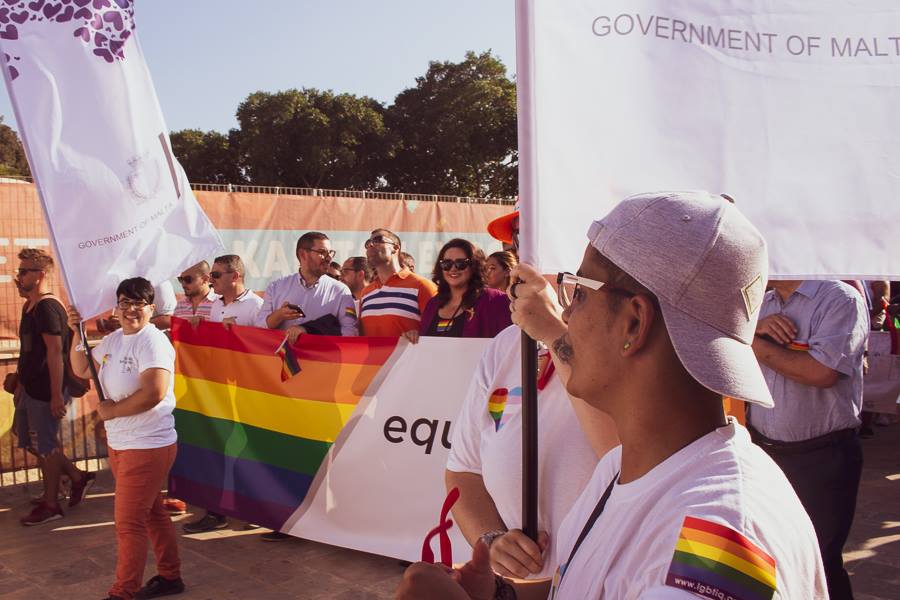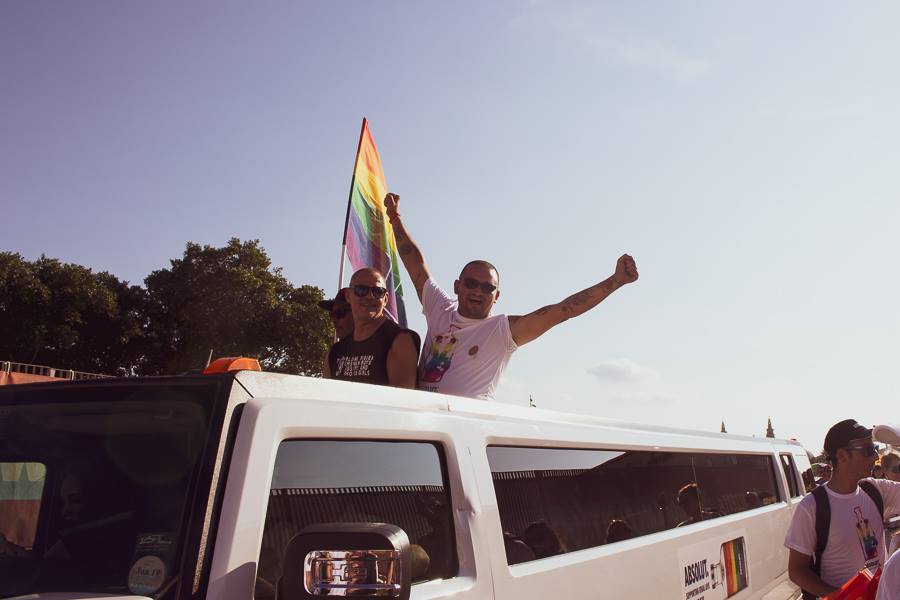Press Release 23.02.2019 – The MAP notes the recent debate on homosexuality and especially the statement reported in the media that homosexuality could be a psychological disorder. The MAP would like to publicly and clearly state that this is not the view of the local psychiatric community, nor is it the view of any established psychiatric or psychological association. This is because homosexuality has become understood scientifically to be a part of the spectrum of normal human behaviour, and is not to be considered as an illness. The same consideration applies to people who are transgender. For the same reason, psychiatry does not endorse and in fact condemns so-called conversion therapies, and does not support terms such as ex-gay, which are misleading. It is to be noted that adjusting to living a gay or alternative lifestyle in a hostile or critical environment can and does lead to emotional and psychological distress and that this is not to be mistaken for a person’s sexual orientation as leading directly to the distress.
All posts by mgrm_malta
Say No To Abortion Lies: Maltese Pro-Lifers Fined For Spreading False Rumours About Gay Rights Lobby
They claimed the gay rights lobby received funds to lobby for the
Pro-life lobby Gift of Life and politician Ivan Grech Mintoff have been forced to pay a combined €4,000 to the Malta Gay Rights Movement after claiming it was being funded to promote the legalisation of abortion in Malta.
In 2015, Gift of Life and Grech Mintoff claimed that the MGRM was secretly being funded by Planned Parenthood, a major American NGO which provides reproductive healthcare, including abortion.
This is because MGRM had in 2011 received a $10,000 grant from the International Planned Parenthood Federation, of which Planned Parenthood is a member, to develop proposals for a Gender Identity Act, which has since become law.
However, GoL and Grech Mintoff claimed the funding was actually intended for MGRM to lobby for the legalisation of abortion in Malta, for which an IVF law permitting embryo freezing was actually the precursor.
“BREAKING NEWS! Are the Malta Gay Rights Movement being supported by international abortion promoters Planned Parenthood?” Gift of Life posted on Facebook. “The drive to legalise abortion by stealth under the disguise of embryo freezing is now clearer for you to understand.”
Grech Mintoff dedicated a part of his F Living TV show Exodus to these rumours and repeated these allegations on Facebook, stating: “In brief she [representative of MGRM] admits to taking money from murdered children to fund her own personal agenda”.
MGRM subsequently sued for libel and magistrate Francesco Depasquale ruled in their favour this morning, ordering Gift of Life to pay €1,000 in damages and Grech Mintoff to fork out €3,000. In Grech Mintoff’s case, the court noted that his allegations were particularly severe and that, as a politician, he should be particularly responsible to the truth.
In his judgement, Depasquale ruled that MGRM’s $10,000 grant originated specifically from the David and Lucille Packard Foundation, and not Planned Parenthood, and that the link between this grant and Planned Parenthood’s abortion services was frivolous at best.
“The court understands that the topic of abortion is in the public interest and that it can trigger diverging and strong views, but this doesn’t mean that one should just invent arguments and reach conclusions against an entity on the basis of very remote circumstances which are substantially false,” he said.
“Everyone has the right to their opinion, to air that opinion and defend it in public, but no one has the right to twist facts so as to damage their adversaries with the intent of harming people’s trust in them.”
MGRM was represented in this case by lawyers Cedric Mifsud and Gianluca
Source: Lovinmalta.com
LGBT-inclusive relationship and sex education taught from 2020
Schools in England will teach LGBT-inclusive relationship and sex education starting 2020, the Department of Education announced on Monday (February 25).
The changes will be implemented as part of a reform of the school curricula which will add new subjects focusing on mental and physical health as well as relationship education.
The curriculum will adapt according to the pupils’ age—primary schools pupils will receive relationships education, while secondary school students will learn about relationships and sex education (RSE).
The sex education guidance has received its first update since 2000, discussing LGBT+ relationships and identities as well as issues such as sexting, FGM, and menstrual health.
A Department of Education spokesperson told PinkNews that, at primary school level, pupils will be taught about various family models, including same-sex families. At secondary school, the curriculum will address LGBT+ issues, including how damaging stereotypes, including those based sexual orientation or gender, can be.
Education Secretary Damian Hinds stated: “Almost twenty years on from the last time guidance on sex education was updated, there is a lot to catch up on.
“Although sex education is only mandatory to teach at secondary, it must be grounded in a firm understanding and valuing of positive relationships, and respect for others, from primary age. In turn positive relationships are connected with good mental health, which itself is linked with physical wellbeing. So it is appropriate to make health education universal alongside relationships and sex education.”
The Department of Education has set aside a £6 million budget for the following school year to ensure teachers will be prepared to handle the new subjects in September 2020. The Department for Education will also provide support to early-adopter schools who will start teaching the new content from September 2019.
Source: pinknews.co.uk
Psychologists’ body takes on X Factor’s ‘ex gay’ singer: ‘no such thing as homosexual disorder’
“Homosexuality is not a pathology, mental anomaly nor psychological disorder” – Malta Chamber of Psychologists says after “
Malta’s Chamber of Psychologists (MCP) has issued a statement in the wake of an interview with the “ex gay” campaigner Matthew Grech, who starred in X Factor Malta and denounced homosexuality as being “incompatible” with Christianity.
“Homosexuality is not a pathology, mental anomaly nor psychological disorder. In line with our sister association in America (APA) we appeal to all to support us in the removal of the stigma of mental illness which shrouds people of lesbian, gay and bisexual orientations,” the MCP said.
In a debate with Gabi Calleja, who today heads the Equality Ministry’s human rights and integration directorate, Grech insisted that the idea of a fixed sexual orientation had been questioned by the APA in 2014, and suggested that the association had said that homosexuality is a psychological disorder.
READ MORE • X Factor singer releases film taking on ‘must-stay-gay culture’ in Malta
“In a democratic country, I have every right to believe and proclaim that homosexuality is a psychological disorder. Therefore, the country is refusing to provide psychological help to those who believe this; to those who want, and have every right, to seek it. It is a denial of basic human rights,” Grech – who says he was converted over from homosexuality after becoming Christian – said.
But the Chamber of Psychologists reiterated that the notion of gay conversion, as a therapy or simply even as a concept, was harmful and noxious to persons from the LGBTIQ community.
“It not only rejects a group of individuals based on unfounded promises, but also promotes a lack of tolerance to diversity within our community. In fact, being gay is not something which deems the need for a cure or transformation, and the very implication of such is a form of homophobia,” the MPC said.
“As a body we promote respect and equality for all persons and we strongly condemn any practices, public outcries or vociferous attacks on any minority group or section of our population. The discipline of psychology is concerned with the health and well-being of humans and groups, and we consider such behaviours to be a direct threat to public well-being.
“MCP also promotes the importance of learning to know, accept, love and respect oneself for who we are; a practice which leads to our psychological maturation and integrated sense of self. Denying our true nature may in itself lead to psychological difficulties, and denying our sexual orientation – if it so happens not to be hetero-normative – is in fact known as
Grech, a member of the evangelical community led by Gordon-John Manché, declared that it was not possible for a Christian to be gay, as they would have forsaken the word of God. When asked whether Archbishop Charles Scicluna was wrong to celebrate mass to gay Catholic society Drachma, Grech said that “would be going against the word of God”.
Source: maltatoday.com
Partner of Serbia’s gay PM gives birth to baby boy
Serbian Prime Minister Ana Brnabic’s partner gave a birth to a baby boy Wednesday, her office said, heralding it as a historic event although the conservative country does not legally recognise same-sex marriages or partnerships.
“Ana Brnabic is one of the first Prime Ministers whose partner has given birth while in office… and the first in the world in a same-sex couple,” her media office said in a statement.
“The delivery went well and both the mother and baby are doing fine,” it added.
According to local media, the boy was named Igor.
Brnabic, 43, became one of the few openly gay government leaders in the world when she came to power in June 2017.
But she has not been a vocal advocate on LGBT issues in a country where homophobia is widespread.
In February alone there have been at least two acts of vandalism at an LGBT centre in central Belgrade.
During an appearance at a Pride parade in Belgrade in 2017, Brnabic declined to comment on whether she would like to see same-sex marriage legalised in her country.
“I can’t give you my personal opinion right now because I’m here as the prime minister representing the Serbian government,” she said at the time.
Although the country has various legal acts addressing gender identity and anti-gay discrimination, rights activists say that implementation is poor.
A campaign for the adoption of a law on same-sex partnerships, for which activists hope to win the premier’s support, has not yet been successful.
Source: timesofmalta
Transgender Healthcare: Leaving nobody behind
The mantra associated with the Sustainable Development Goals is that of leaving nobody behind. In taking bold steps to develop health care services for transgender persons, we are effectively giving testimony to the fact that, for this Government, leaving nobody behind is not merely a slogan but is something we work to achieve assiduously every day.
Earlier this week I had the pleasure of witnessing first-hand the clinic for gender well-being delivering services to transgender persons. This service is the result of months of hard work by a multi-disciplinary team of health and social care professionals who took up the challenge of planning clinical services for transgender persons. The development of these services is being implemented as laid out in the transgender health care policy document.
The document was launched for consultation in April last year and in-depth discussions were held with transgender persons and civil society organisations representing them. We also liaised with the LGBTIQ Council and the Malta Gay Rights Movement. I believe that the manner in which we worked to formulate this policy is an excellent example of the way in which health systems will continue to be shaped in the 21st century.
In the design and development of services for transgender persons, health professionals embarked on a process of co-creation. This means that while scientific evidence remains the backbone of clinical services, planners and health system policy-makers are increasingly acknowledging that service users are experts in their own right and have a clear contribution to make in service design. I am grateful to the professionals and the service user representatives who worked closely to develop clinical pathways that will primarily ensure the safety and effectiveness of the interventions provided but will also respect the dignity and legitimate expectations of service users.
At the start of the year we changed the legislation on entitlement to medication by including gender identity and sex characteristics-related conditions in the list of conditions for free treatment. As a consequence, transgender persons who have had to pay for their treatment for years are now able to obtain treatment free of charge through the gender clinic.
However, transgender persons do not merely require medication or surgical interventions. Indeed, the social, psychological and emotional support provided to transgender persons as they embark on the difficult gender transitioning journey are equally important to ensure success. In fact, persons may be referred to access services by doctors, psychologists or social workers, since some persons will opt only for psycho-social support and intervention whilst others will opt to undergo surgical interventions to align their physical characteristics with their gender identity.
In developing these services, we have drawn on the experience and assistance of other countries, tailoring the programme to fit our contextual realities and our legal framework. There is still, however, much that remains to be achieved. In the coming months we aim to continue providing training for our multi-disciplinary team, as well as more generic awareness training throughout our health service. We will also start offering surgical interventions where these are required. We aim to eventually have a service that will be considered a model for other countries to follow.
None of this would have been achieved had we not put in place the necessary legal framework that makes it possible to change legal gender. We sought to transform civil liberties in this country and we did. Our track record speaks for itself.
Mr Fearne is the Deputy Prime Minister and the Minister for Health
Source: independent.com.mt
30 persons have used transgender clinic since its opening two months ago
The clinic is served by a number of medical professionals and offers
Thirty persons are making use of a transgender clinic, staffed by a multi-disciplinary team, since its opening in November.
The clinic, located in Mtarfa, offers services including counselling, hormone therapy and advice on surgery to people who identify as trans.
Health Minister Chris Fearne said the clinic was opened with the aim of catering for the unique medical needs which such persons might have and which were previously not being addressed by the public health system.
“Professionals such as endocrinologists, social workers, surgeons, family therapists, nurses, and a speech and language pathologist are available at the clinic to give their advice and services to those who need it,” Fearne highlighted.
Anyone entitled to use the public health system in Malta is also offered the necessary free medicine on the Government Formulary List at the clinic.
The clinic was opened on 14 November after the government conducted a public consultation on the needs of trans persons in April to June last year.
A final document on transgender medical care, covering areas such as a strategy for the development or related health services, and gender-affirming healthcare, has also been issued.
Source: maltatoday.com.mt
LGBTIQ Youth Activism- The Past & The Present
In summer 2017, the idea of a short narrative of the experiences of a number of activists from the LGBTIQ community came about due to a common desire to explore the history of LGBTIQ activism and the importance of activism within the community itself and society at large.
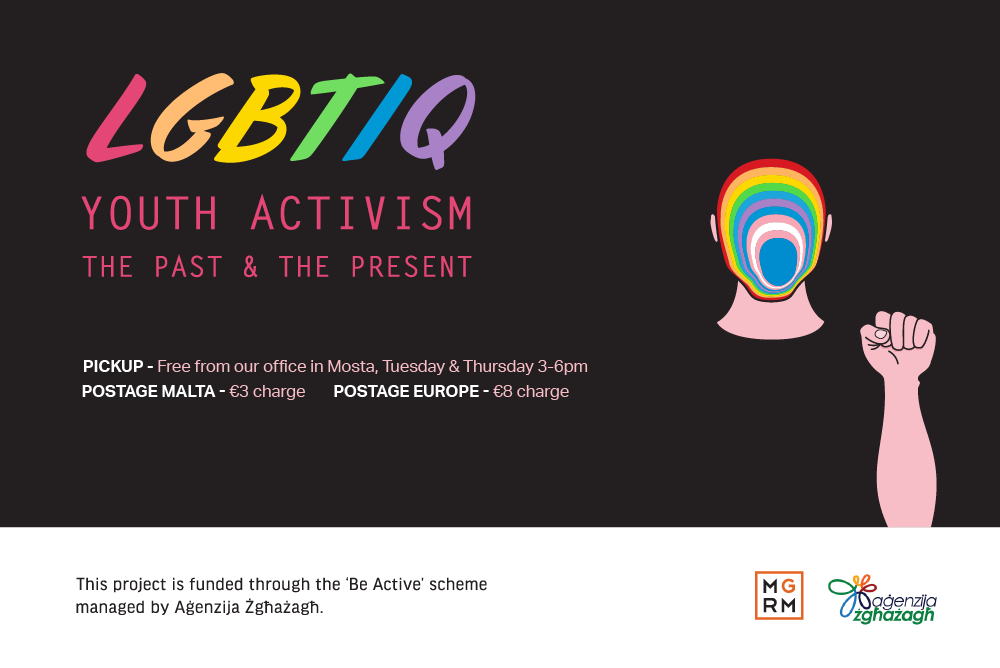
Nine interviews were conducted with the people who were pioneers of LGBTIQ activism; those who started the fight for LGBTIQ rights. This was important to get to know their stories and perspectives in relation to activism.
Twelve interviews with the younger generation of activists, those who will determine the future of the LGBTIQ movement were carried out also. The book describes the rewards of activism as well as the challenges one might encounter along this journey.
The purpose of this project was to inspire the young and not so young to engage in activism and to stand for what is right no matter what, as the activists recall their beginnings, with the hope that the publication serves as a point of reference in the setting up of other youth lead organisations and encourages young people to get involved.
The publication was possible thanks to the funding and support of Aġenzija Żgħażagħ’s ‘Be Active scheme’ which enables the engagement and participation of young people as well as organisations.
PLAN - PRICE
Description
Pickup
Pickup the book:
€10
from our offices in Mosta,
Tuesday and Thursday
from 3-6 pm
Postage Malta
Book plus Malta postage:
€10 + €3
Postage Europe
Book plus Europe postage:
€10 + €8
Pride 2018
New “safe space” for LGBTIQ families to share experiences
New initiative launched by President’s foundation
Most parents would step in if they heard one of their children call the other “gay” during an argument, but for Neil Falzon, himself gay, the point took on an added importance.
“I asked him if he knew what ‘gay’ meant, and he said he didn’t but he’d heard it at school,” Dr Falzon, who recently adopted two children with his husband, said at the launch of a new initiative for LGBTIQ families by the President’s Foundation for the Wellbeing of Society.
“I slowly explained it to him, and explained that it wasn’t a bad word but that some people used it like that, and then I asked him if he knew anyone who was gay. He thought for a bit and then said that he didn’t. So I explained to him slowly that papà and papà were in fact gay.
“That was the first time I really realised that there was a need for certain discussions about the identity of the family and also about the conversations and social relations children are going to have at school.”
Dr Falzon, also the director of the Aditus Foundation, was speaking at San Anton Palace at the launch of a “safe space” where LGBTIQ families can share their experiences in a secure environment without fear of judgement or prejudice.
The project, Rainbow Families, has been set up by the President’s Foundation for the Wellbeing of Society and the Malta LGBTIQ Rights Movement (MGRM) to coincide with next month’s Pride Week.
Read more: Video launched to help
Monthly meetings will be held where families can learn from each other’s joys and the difficulties they encounter. The project will also provide participants with the opportunity to engage in debates and discussions facilitated by professionals.
President’s Foundation director Ruth Farrugia said that through its work with LGBTIQ families in recent years, the foundation had
President Marie-Louise Coleiro Preca highlighted the importance of the initiative in helping to eradicate the stigma that still exists around LGBTIQ families in Malta and foster understanding and common ground between families of different make-ups.
MGRM coordinator Colette Farrugia Bennett and Alex Caruana, an MGRM member who identifies as transgender, also spoke of the need to reduce isolation for children who are gender non-conforming, as well as for their parents.
The first Rainbow Families meeting will take place on September 13 at
Source: timesofmalta.com



